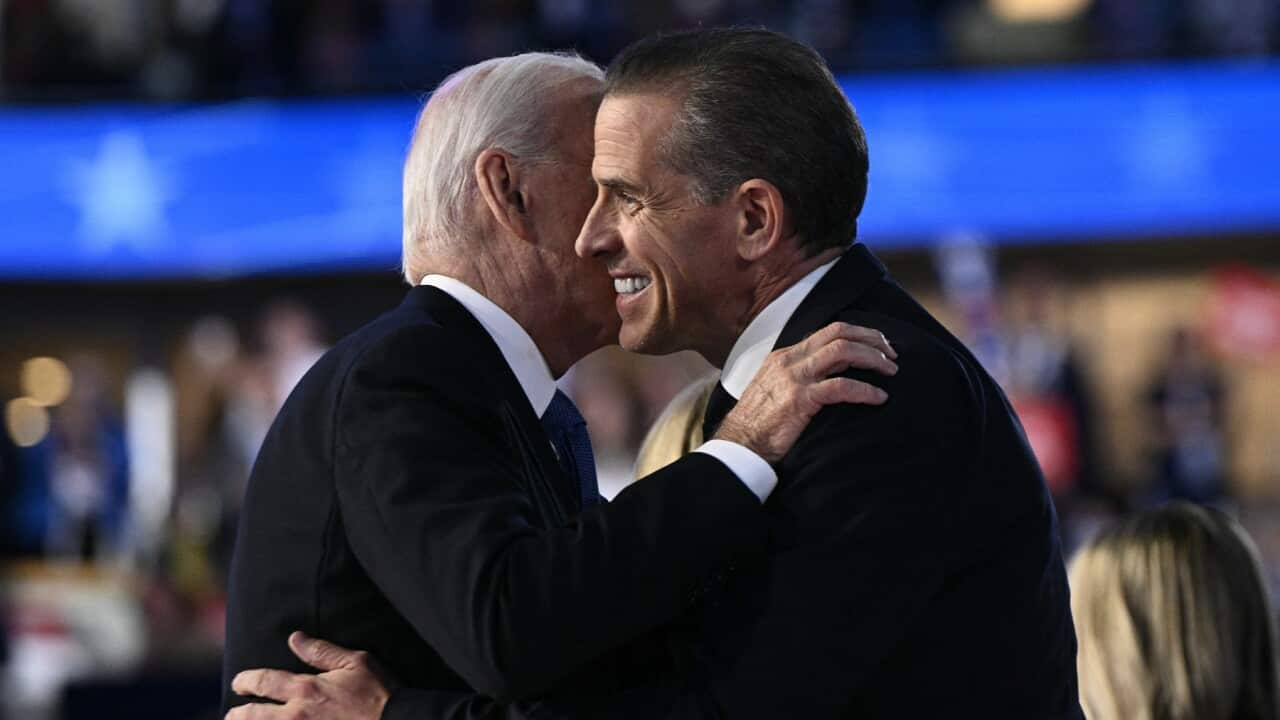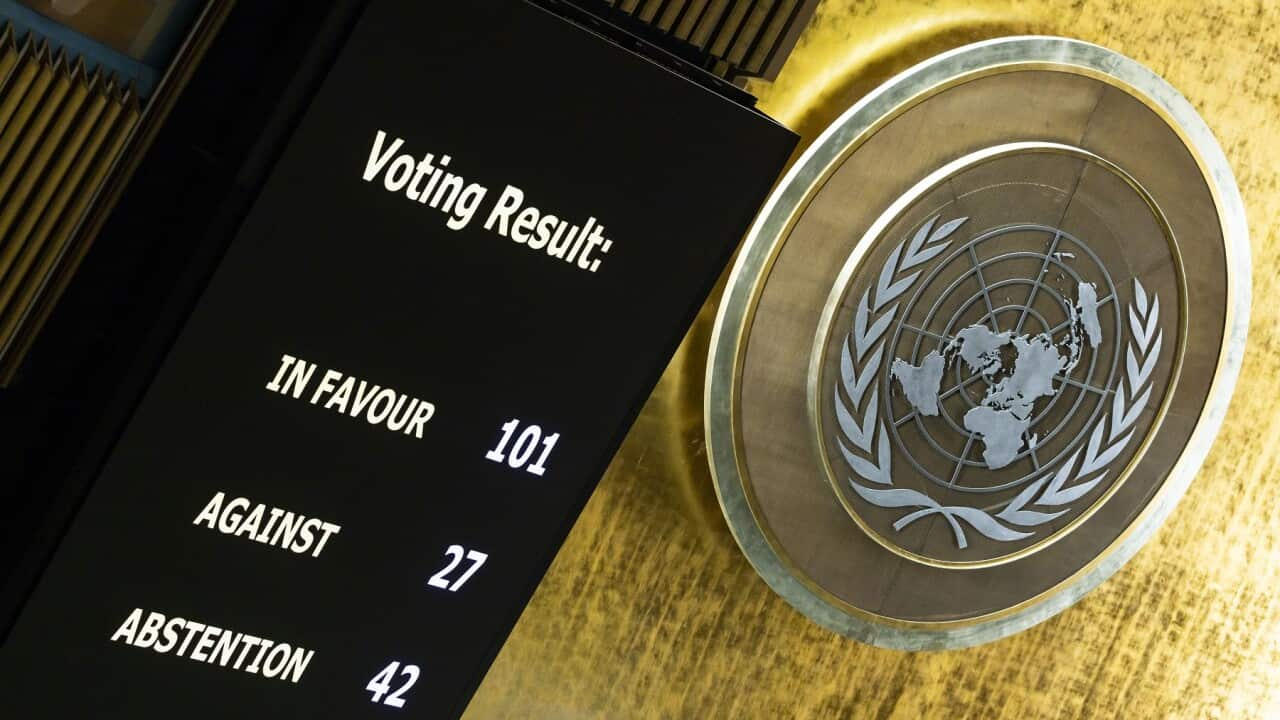TRANSCRIPT
Invisible and voiceless.
They're feelings many Australians describe experiencing, due to ageism.
For 79-year-old Robin, ageism is rife - from her time in the workplace, to navigating the healthcare system, to everyday encounters.
“People just look upon older people as old. I've been described as old quite often recently. 'You're an old person.' ...I think that younger people see us as a burden, like vampires sucking the economy dry, is the way we are perceived.”
Robin says she's been asked socially to consider voluntary assisted dying, that getting a dog at her age is irresponsible and had friends denied healthcare due to their age.
“You only have to look at free screening services where you receive something in the mail saying it's time for your breast screen or your bowel screen, or whatever screen... They all end when you turn 70 or 75, because we as older people are going to die of something... So, are we dispensable?”
Like Robin, Merilyn, who decided on her 70th birthday to pursue an acting career, says she has experienced ageism.
“They look at older people different, and whether it's pursuing a career in something else, or whether they're looking for another job. But forgetting that-- bearing in mind that older people have had a lot of life experiences. And those experiences contribute to the community.”
Earlier this year, she featured in filmmaker Andrea Seno's award-winning film 'Merilyn'.
The theme of the 'Life In Pictures' competition aimed at reflecting a positive lens on ageing in the community.
“I think the younger generation are starting to realise that media and the possibility of telling stories is a valuable option. So, they can grow some sort of sensibility of letting older people teach them something.”
While age-based discrimination at work is illegal in Australia, advocates say laws alone are not enough.
Dr Marlene Krasovitsky is a spokeswoman for EveryAGE Counts.
“The Elder Abuse study in 2021 empirically confirmed, that the more ageist we are, the more likely we will condone elder abuse. And the more ageist we are, the less likely we are to recognise elder abuse.”
Age Discrimination Commissioner Robert Fitzgerald says says elder abuse cannot continue.
“One in six older people over the age of 65 already identify as having been abused in the previous year. One in six. That's a huge number. And many of us also recognise that in that survey, that prevalence survey, it wasn't just one in six recognised recognised they'd been abused, they regarded it as serious, significant. This is not being offended, this is not being talked to rudely. This is abuse.”
EveryAge Counts and the Age Discrimination Commissioner are calling on governments to establish an officially recognised Ageism Awareness Day, set up a national education campaign to challenge stereotypes and to eradicate ageism in advertising.
Commissioner Fitzgerald says within 20 years the aged population of Australia over 65 will be about 9 million, around double what it is today.
“We have a chance to plan. We have a chance to do things differently. We have a chance to do things differently. We have a chance to shape Australia in a way that doesn't see ageism become the racism and sexism that is entrenched in the Australian population.”
More Australians are entering old age healthier, wealthier and living longer.
But many still suffer from financial and housing stress.
And for people from culturally and linguistically diverse communities, that problem can be acute.
Commissioner Fitzgerald says shame about reporting elder abuse, complicates the issue.
“Most importantly, in a culturally diverse Australia, we need to have regard to First Nations and culturally diverse communities. We have to stop making public policy by white middle aged men and women, for white middle aged men and women. I don't live in that world.”
Experts say data on ageism is still lacking.
The Australian Human Right Commission is set to release a new report next week, examining the way media shapes perceptions of older people.













